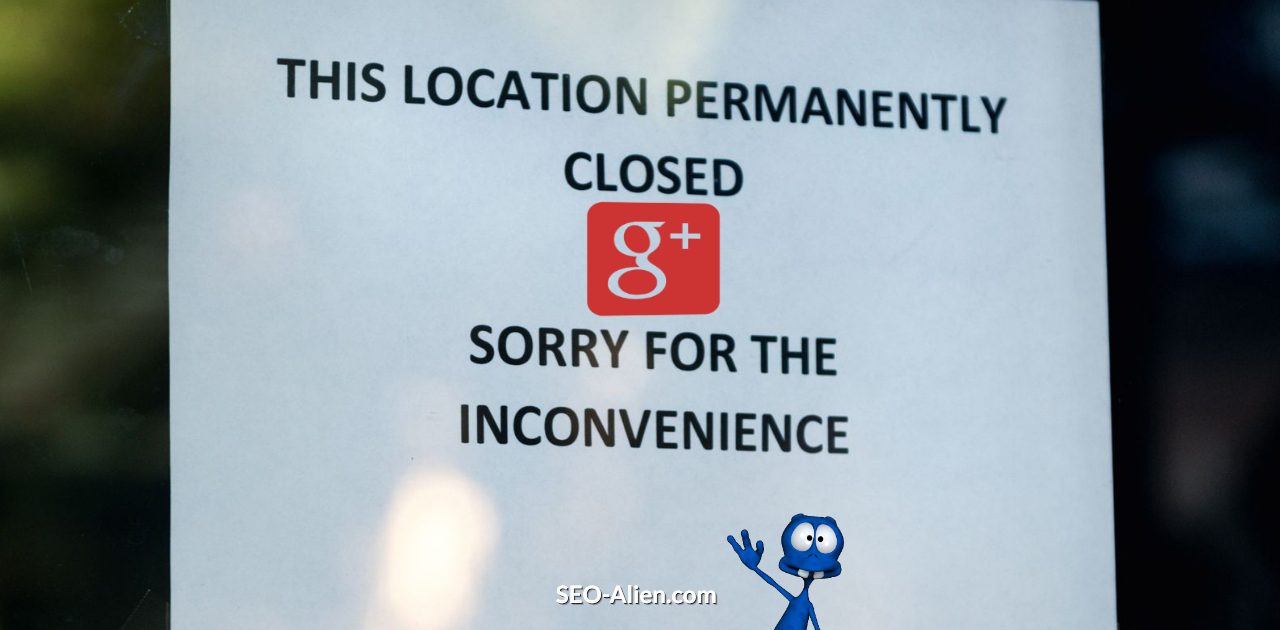Some people in the online marketing world are proclaiming that Google+ is a failed social media platform.
But what factors led to its failure? And could it make a comeback?
Google+ was a social network that was owned and operated by Google. It launched as an invite-only beta on June 28, 2011, and ended on April 2, 2019.
Google+, first known as "Google Circles", was launched as an invite-only service on June 28, 2011; the service emerged from stealth mode on September 19, 2011. The project was Google's fifth attempt at social networking, and aimed to organize the sharing of users' interests and relationships in a single online space. As part of the launch, Google enabled what they called "universal privacy", allowing users to control what parts of their profile information were shared with which people.
The name 'Google+' was announced on October 8, 2011. It was created to integrate with Google's other services, such as YouTube and Gmail, allowing users to create profiles for what they share, stream live video from Hangouts (a feature of Google+), and share additional information like what sports teams they follow.
But why did Google+ fail? There are several key factors that contributed to the failure of Google+, here are 6 of the major ones:
1) Lack of consumer adoption
Despite being integrated into Gmail and other Google products, Google+ never really caught on with consumers. This may have been due to the fact that it was quite difficult to use and didn't offer many compelling features that other social networks didn't already offer.
2) Poor design
The user interface for Google+ was often criticized as being cluttered and confusing.
3) Negative press
Google+ received a lot of negative press early on, which may have discouraged users from signing up.
4) Limited functionality
One of the major criticisms of Google+ was that it lacked features that other social networks had, such as the ability to share music or other non-Google services. The failure of Google+ was predictable since it offered very few features as compared to its competitors.
5) Inability to make money
Another failure of Google+ is that it wasn't able to make any money back from the money that it had invested into starting up the social network. This failure was attributed to a lack of people using it and also a lack of ways to monetize the platform.
6) Too little too late
Google+ had been created as an answer to Facebook, but by this point most people had already established Facebook profiles and were unlikely to abandon such popular social media platforms in favor of Google+. Since Google+ came too late, it wasn't able to overtake Facebook.
Could Google+ make a comeback?
The answer is yes, but unlikely. Google+ was once considered to be a major player in the social media landscape. However, due to its lack of popularity Google+ was forced to shut down. Some people believe that Google+ could make a comeback if it focuses on its strengths and improves its weaknesses.
About the Author:
The SEO-Alien is a project started in 2009 regarding all things online marketing. The site started out more of a diary of predictions, suggestions and references to things I frequently used for online marketing... before social media marketing was even an option.
I hope you find the information and tools presented here useful and something worth sharing with others.
If there is anything else about online marketing or any online advertising strategy you think would be helpful, please let me know.



